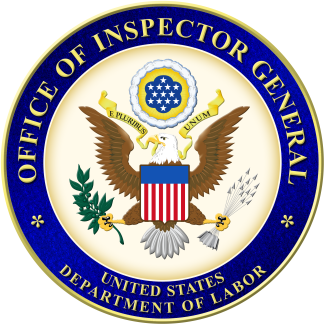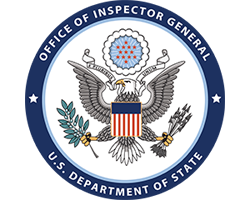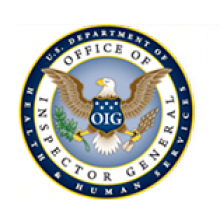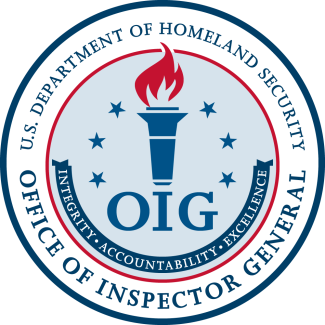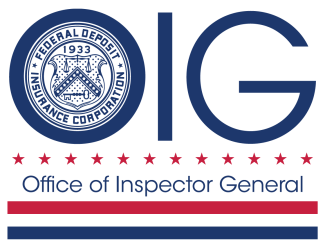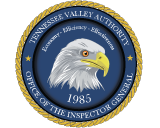The National Service Trust holds the funds set aside to pay the education awards of national service members who successfully complete their service terms. Responsibility for the education awards that have been earned or will be earned in the near future is the largest liability on AmeriCorps’ financial statements at $315 million. AmeriCorps has been unable to produce auditable financial statements for the last seven years. This year, independent auditors issued another disclaimer of opinion, reporting five material weaknesses and one significant deficiency. All the material weaknesses are recurring, two of them since FY 2017, one since FY 2018, one since FY 2021, and one since FY 2022. Further, AmeriCorps’ financial statements and accompanying notes were not in accordance with U.S. Generally Accepted Accounting Principles and Office of Management and Budget Circular A-136. In recognition of the pervasive weaknesses in internal control, AmeriCorps included in its Annual Management Report a Statement of No Assurance, acknowledging that the agency could not provide reasonable assurance as to the effectiveness of internal control over financial reporting, operations, including programmatic operations, and compliance with laws. This is the fourth year that AmeriCorps has issued a No Assurance statement. Remedial actions by AmeriCorps have closed one of the 41 prior year recommendations. The remaining 40 recommendations continue to be valid, four of them in modified form. The auditors also made six new recommendations, for a total of 46.AmeriCorps acknowledged the disclaimer of opinion and expressed concurrence to one material weakness and one significant deficiency, however, AmeriCorps did not concur with the remaining four material weaknesses. However, AmeriCorps did not specify which material weaknesses they were in agreement or disagreement. AmeriCorps reiterated their focus on remediating long-standing issues. The independent accounting firm RMA Associates LLC performed the audit of the AmeriCorps FY 2023 National Service Trust Fund financial statements, under contract with AmeriCorps-OIG.
| Report Date | Agency Reviewed / Investigated | Report Title | Type | Location | |
|---|---|---|---|---|---|
| AmeriCorps | Audit of AmeriCorps’ Fiscal Year 2023 National Service Trust Fund Financial Statement | Audit | Agency-Wide | View Report | |
| Department of Labor | Without an IT Modernization Framework, DOL Is Vulnerable to Inadequate Resource Prioritization for Ensuring Security and Availability of DOL Systems | Audit | Agency-Wide | View Report | |
| U.S. Agency for Global Media (f/k/a Broadcasting Board of Governors) | Fiscal Year 2023 Inspector General Statement on the U.S. Agency for Global Media’s Major Management and Performance Challenges | Top Management Challenges | Agency-Wide | View Report | |
| Department of State | Fiscal Year 2023 Inspector General Statement on the Department of State’s Major Management and Performance Challenges | Top Management Challenges | Agency-Wide | View Report | |
| Department of Health & Human Services | Some of California's Substance Abuse Prevention and Treatment Block Grant Expenditures for Los Angeles County Did Not Comply With Federal and State Requirements | Audit |
|
View Report | |
| Department of Homeland Security | Results of Unannounced Inspections of CBP Holding Facilities in the San Diego Area | Inspection / Evaluation | Agency-Wide | View Report | |
| Federal Deposit Insurance Corporation | DOJ Press Release: Attorney General Bonta Announces Sentencing in $7 Million Mortgage Fraud Scheme | Investigation |
|
View Report | |
| National Credit Union Administration | Semiannual Report to Congress | Semiannual Report | Agency-Wide | View Report | |
| Tennessee Valley Authority | Office of the Inspector General Semiannual Report - Fall 2023 | Semiannual Report | Agency-Wide | View Report | |
| Smithsonian Institution | Semiannual Report to Congress for the period ending September 30, 2023 | Semiannual Report | Agency-Wide | View Report | |



